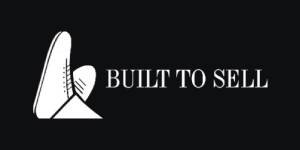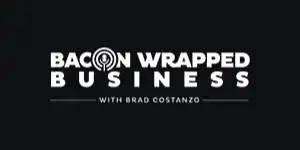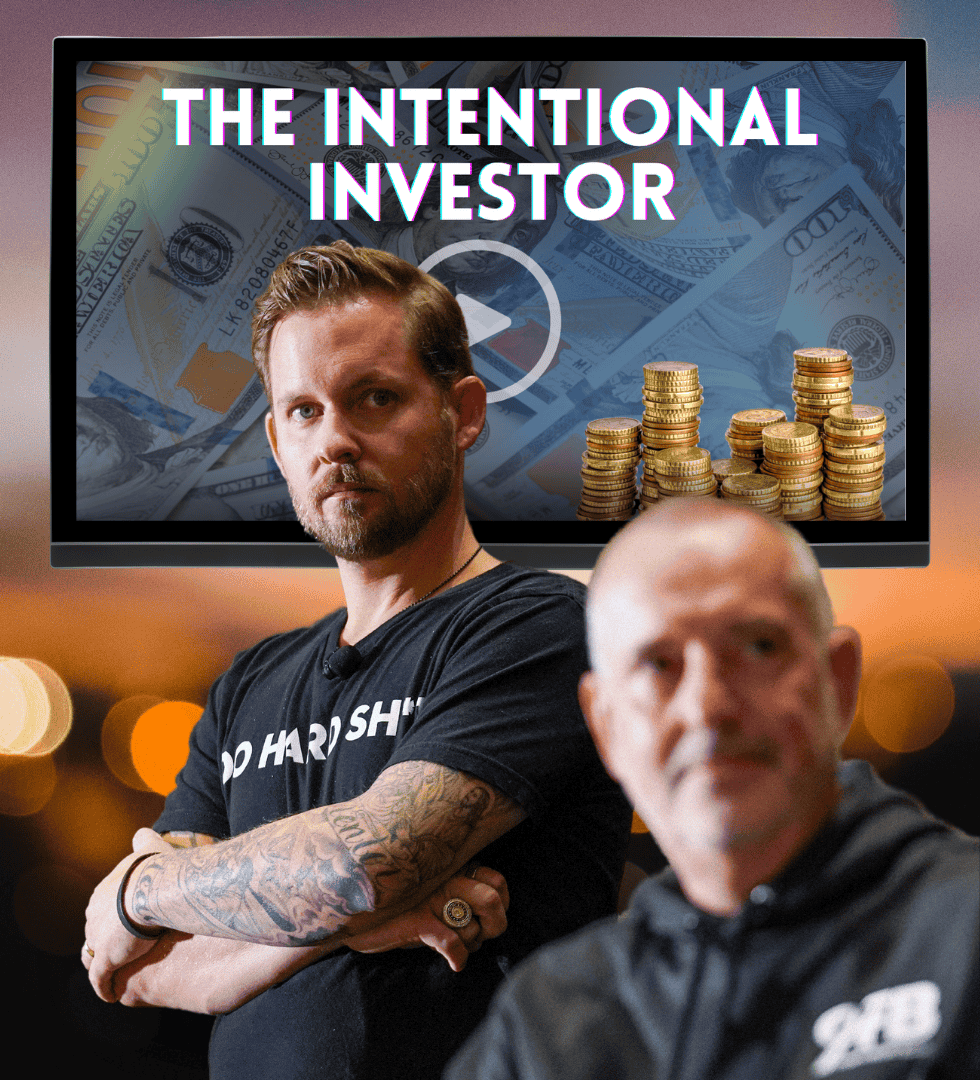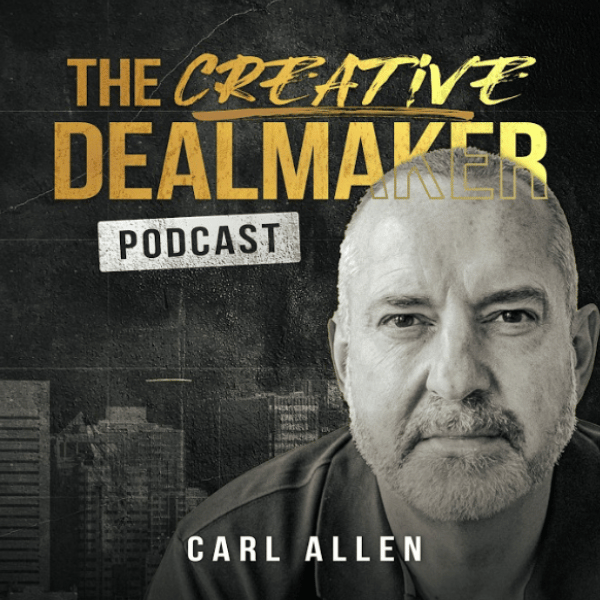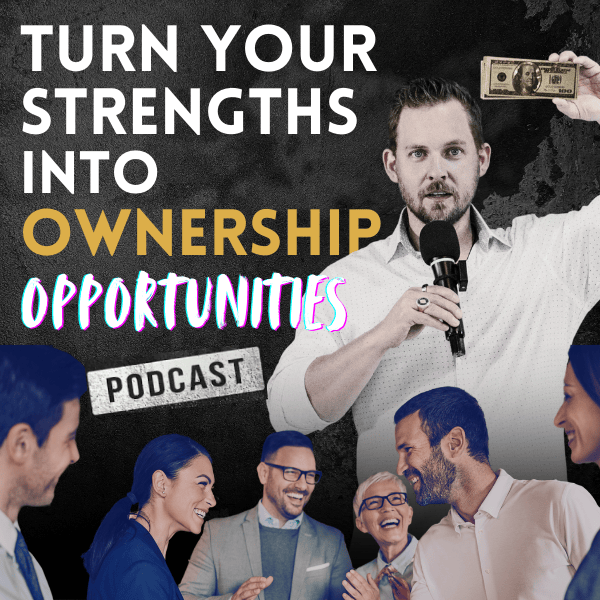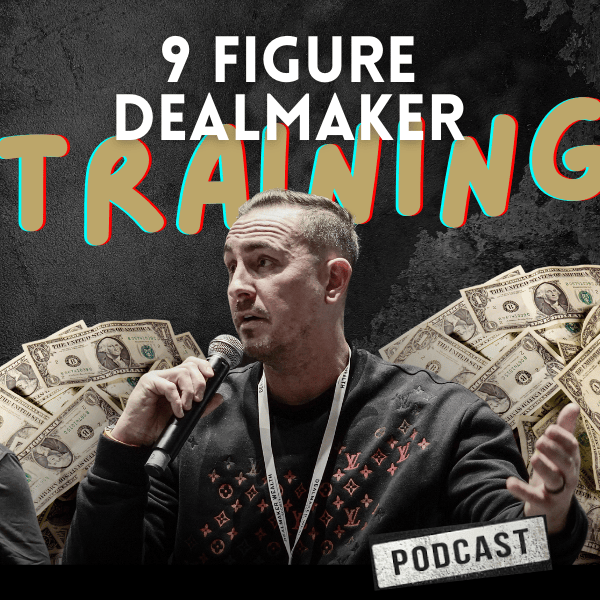
People always ask me how I started as a dealmaker.
I worked in the corporate world for nearly 20 years – from 1992—2008. First for a U.S. investment bank and then in various corporate merger-and-acquisition roles until I got fed up with the grind and quit.
Three weeks into my early retirement, I was going stir-crazy. I was only 37 – way too young.
I had to decide what to do next.
Up to that point, I’d always bought and sold businesses for other people – I’d never owned any myself. So with that being pretty much my only skill set, I decided to become a business broker.
So I bought a laptop, cleared out a spare room in the house and got to work.
But all my years of doing megadeals didn’t prepare me for buying and selling small businesses.
I was missing the one key ingredient to closing these types of deals.
Let me explain…
With my former connections, it took me no time at all to build a network. And within a few weeks, I had my first deal to broker.
It was a transport business in the north of England. Profitable, with multi-seven figures in revenue and a solid balance sheet. An easy sell.
Or so I thought.
The business was owned by two brothers, Colin and Alan. These guys were tough northern truckers who had built a stellar business over 25 years in haulage, freight forwarding and warehousing.
Now in their early 60s, they wanted to retire and sell the business to cash out.
A broker’s job isn’t that difficult… You create a sales prospectus called a confidential information memorandum (CIM)… create a list of potential buyers (think larger transport companies looking to expand via acquisition)… and go speak with them to get them interested in the deal.
Ideally, get a few buyers interested so you can play them against each other and extract a decent selling price.
Simple, right?
The problem is I had learned my trade on Wall Street, buying and selling massive businesses.
Deals that size are all about the numbers – success (or failure) rests solely on financial engineering.
But this deal took a massive twist. Something I had never experienced before.
As you know, dealmaking is a contingent-fee industry.
Brokers get paid a small fee at the start of the project ($10—15K on average), but the real bank is made when you sell – in the form of a success fee.
My fee was going to be almost $250K on closing (or £200K), representing 5% of the total sale (which would have been £4 million).
It was the night before the close… around 6:30 p.m. I was in my home office, gathering up all my paperwork. It was dark – the rain lashing against the windows – but I was excited… $250K is a lot of bank and I had worked hard on this deal.
The phone rang.
It was one of the brothers, Colin. He was in tears, which I found strange. This guy is a tough, thick-skinned northern trucker. The kind of guy you’d want to stand with you if you ever got into a fight.
He told me he and his brother had pulled the deal.
NOOOOOOOOO!!!
I was absolutely devastated. I had spent six months on this deal.
I asked Colin why the change of heart.
He told me the buyer had visited the business this afternoon to wrap up due diligence and told him he was planning to close down the site and fire all of the employees. He was only interested in the trucks (for moving the freight around) and the customers.
The buyer had everything else they needed to operate the business – drivers, a management team, a sales team and a bigger warehouse.
But the brothers just couldn’t take the money, retire and lie on the beach somewhere knowing their loyal employees would be put in harm’s way.
Fired. No job. No money. No warning.
Not to mention that the brothers LOVED what their business stood for… the brand, the culture and – most importantly – the LEGACY they had built over 25 years.
They asked me to drive down immediately, which I did.
It was about an hour away… and I remember seeing some of the company’s trucks on the motorway, making deliveries. I resonated with the emotions the sellers felt, but I was still bummed to miss out on my fee.
When I went into the office, all of the employees were there. The brothers had called everyone in to tell them what was happening.
Colin looked at me and explained they would not let a competitor buy the business, shut it down and screw everyone.
My mission – should I choose to accept it – was to find a “friendly” buyer.
Someone who wouldn’t close the business down.
Someone who would cherish it… safeguard the employees… maintain the brand… and uphold the legacy of the business.
Money wasn’t a factor for them. Get us some money if you can, they told me, but the buyer has to protect the business.
What happened next is insane… I don’t know what came over me.
I looked Colin in the eye and I said, “I’ll buy your business.”
He looked at me stunned.
He immediately asked me three questions…
- Did I have the money?
- Did I understand the business enough to own it?
- Who would run the business if I bought it?
Here’s what I told him…
- I can raise financing against the assets in the business to give you a closing payment as well as pay you out over a three-year period. It would be roughly half of what the competitor was offering, but I would safeguard the business.
- That I had no prior experience in transportation, but had learned a lot working on the deal for the past six months
- I pointed at the financial controller, the sales manager and the operations manager (the three managers in the business) and said I would give them each 10% in ownership for free (I would own the remaining 70%) to stay on and run the business.
Colin smiled and said, “I’ll give you 30 days. If you can make this work, it’s a deal.”
Everyone started clapping and cheering – and less than 30 days later, I was the 70% owner of this transport business.
My first deal.
Not by design… but by fate and circumstance.
The big lesson in all this for me is seller psychology – knowing WHY the owner wants to sell their business.
You see, a lot of sellers don’t value money.
They value other things – employees, reputation, brand, legacy…
Go find these sellers and buy their businesses.
There are more than 2 million of them in the U.S. alone.
Many of them are baby boomers, and 10,000 of them are retiring every single day. They want some money, sure, but more than that they want a safe, trusted pair of hands to carry on their business.
Be that person. Buy the business using asset-based financing and future payments from the future profits (this is called seller financing).
Ideally, you should pick a business in a sector you know and understand… one you are passionate about… one where you can add value and leverage your skills, network and experience.
So that’s the story of my first deal. The rest, as they say, is history.
I’ll be back with more confessions tomorrow.
Until then, bye for now.
Carl Allen
Editor and co-founder, Dealmaker Wealth Society
P.S. Consulting for equity is also a great way to make money… without outright owning a business. You can use your sector experience and skill set to help small to midsized businesses grow, scale and overcome the obstacles plaguing them. Do this for a piece of ownership in the business (instead of cash) and by the time you’ve accumulated several clients, you’ve got a nice little portfolio of investments.
Have you ever consulted for an ownership stake in a business? Tell me about it! I want to share your success stories, so reply to this email and spare no detail.
